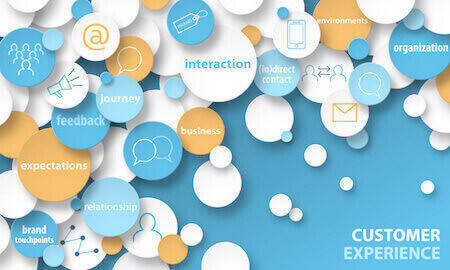
Remember the childhood game of whispering a phrase to someone and asking them to pass it on? By the time it reached the fourth or fifth person, the meaning of the original phrase was lost! Then, it amused us; in customer care, it can be costly
Teaching good listening skills will help managers, customers, internal customers, and the employees themselves. This is the key to providing a premier customer experience at every person-to-person touchpoint.
Are you a good listener? Most people would answer “yes” to this question. In reality, though, there is usually much more to it. For most of us, mastering the skill of listening means removing some roadblocks.
The first and perhaps most daunting roadblock is a belief that you already know or understand the situation. In customer care, the same issues are often heard repeatedly. Before the customer is through their first sentence, customer-care providers have jumped to conclusions about the issue and the fix.
Another roadblock is a defensive stance. Customer-care providers want to argue and defend rather than empathetically listen to the customer. Another manifestation of defensiveness is being competitive and only listening until a break when providers can jump in and satisfy their own egos by showing how smart they are.
A third roadblock is being passive. It’s not enough to listen to your customers—you must prove that you listen. You do that with active listening skills: confirming questions, eye contact, body language, and tonality.
Listening has been called the highest form of respect. When a customer is seeking help or is upset, they may need to vent their issue uninterrupted. Jumping in with a solution too soon can cause further frustration. Don’t prejudge. Allow people to explain their needs and then ask clarifying questions. You may think you know what they need, but unless you allow them to explain, you can get it wrong and waste time.
Listening is an activity done with all forms of communication—silence, tonality, spoken words and body language. It’s done with a laser focus on more than hearing—it’s done for meaning and understanding. Sometimes it’s what’s not being said that is most important. Often the intent is missed entirely because of a personal agenda or because a reply is being formulated without listening. This is why it is so important to develop an awareness of our listening shortcomings. Once we do that, we can begin to work on the areas where we need to develop more respectful listening skills—skills that make it possible for us to deliver a premier customer experience.
Learn more about providing a premier customer experience.
COMPLIMENTARY RESOURCE DOWNLOAD

